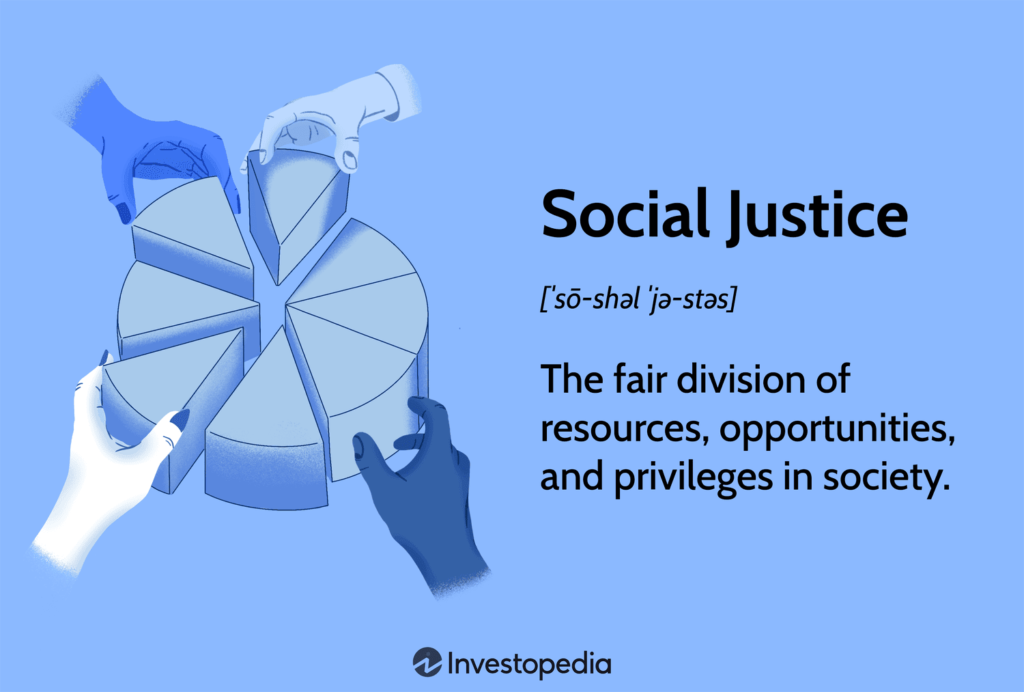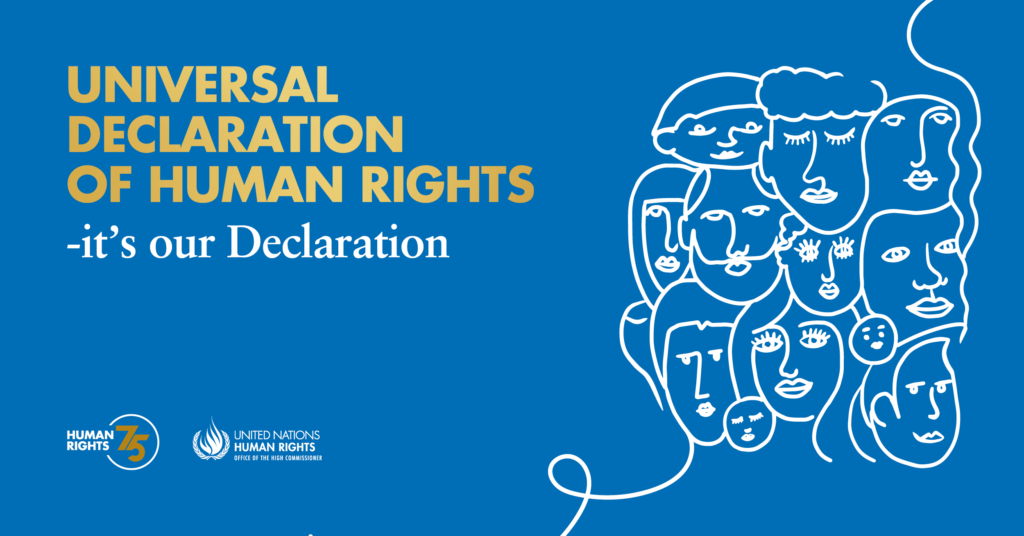Advancing Human Rights: Challenges and Progress in the 21st Century
In the 21st century, human rights remain a central focus of global discourse, reflecting both significant progress and persistent challenges. As the world becomes increasingly interconnected, the advancement of human rights requires a nuanced understanding of contemporary issues and a concerted effort to address them.

Global Advances in Human Rights
The past few decades have witnessed substantial progress in human rights. International agreements, such as the Universal Declaration of Human Rights, have laid the foundation for global standards. Countries around the world have enacted laws to protect individual freedoms, promote gender equality, and combat discrimination. For example, many nations have made strides in recognizing LGBTQ+ rights, with marriage equality and anti-discrimination laws becoming more prevalent. Furthermore, global movements advocating for the rights of women, children, and marginalized communities have gained momentum, leading to tangible improvements in various regions.
Emerging Challenges
Despite these advances, significant challenges remain. In many parts of the world, human rights violations continue unabated. Authoritarian regimes, armed conflicts, and systemic corruption often undermine efforts to uphold basic rights. For instance, freedom of speech and press are frequently compromised in countries where dissent is suppressed, and activists face severe repercussions. Additionally, the global refugee crisis highlights the urgent need for protection and support for displaced individuals, who often face exploitation and lack access to essential services.
The Role of Technology
Technology plays a dual role in the advancement of human rights. On one hand, digital tools and social media platforms have amplified voices and mobilized global support for various causes. Human rights organizations use technology to document abuses, advocate for policy changes, and connect with communities worldwide. However, technology also poses risks. Surveillance, data privacy concerns, and cyberattacks can infringe upon individual rights and freedoms. Balancing technological innovation with the protection of human rights remains a critical challenge.
The Path Forward
To continue advancing human rights, a multifaceted approach is necessary. Strengthening international cooperation and holding governments accountable are crucial steps. Global institutions, such as the United Nations, play a vital role in monitoring human rights conditions and providing support to affected populations. Civil society organizations and grassroots movements also contribute significantly by advocating for change and supporting vulnerable communities.
Education and awareness are equally important. Promoting a culture of respect for human rights through education can help prevent abuses and foster a more inclusive society. Encouraging dialogue and understanding across different cultures and perspectives can also bridge gaps and build solidarity.
Conclusion
In conclusion, the 21st century presents both opportunities and obstacles for advancing human rights. While there has been notable progress, ongoing challenges require persistent efforts and innovative solutions. By leveraging technology responsibly, fostering international cooperation, and prioritizing education, the global community can work towards a future where human rights are universally respected and protected.



